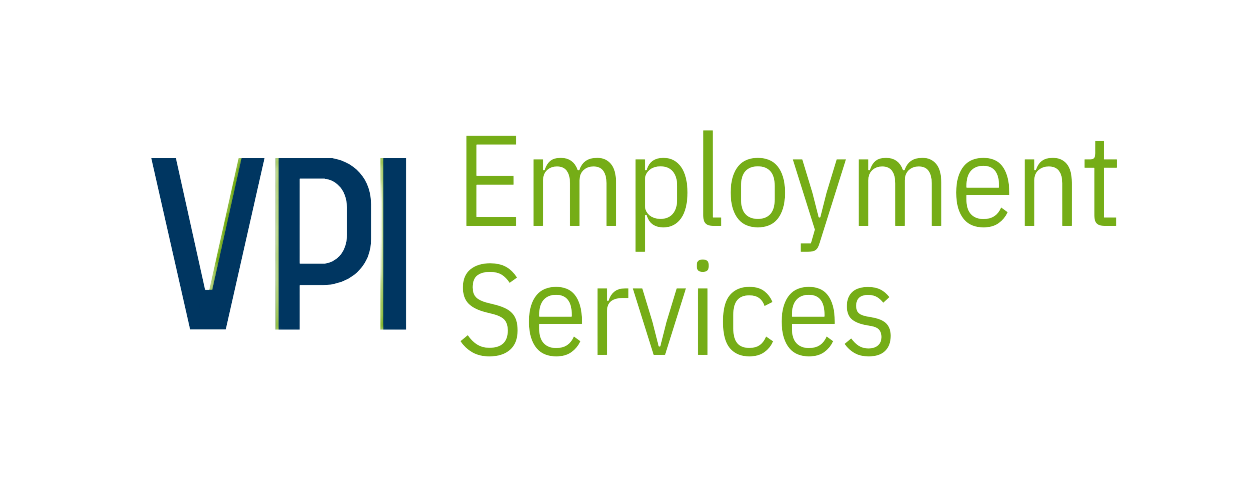Social media is a great way to connect with friends and family, stay up-to-date with news or just kill some time while waiting for the bus. It’s also an important part of a modern job search. According to data collected by talent-works.com, as many as 87% of recruiters use popular social media sites to find candidates.
Whether you’re finding out about job postings, researching potential employers or just connecting with other job seekers, social media can be a powerful tool to use for your job search.
If you’re thinking about using social media in your job search but don’t know where to start, contact us today to find out how we can help.
Platforms
If you are new to social media or new to using it for your job search, there are some key differences between the different major platforms. Each of them offers something unique.
With over 2 billion monthly users Facebook is the most popular social media site in the world. According to Talent-works.com, 67% of job seekers are active Facebook users .
Companies create Facebook pages to help manage their brands and this can be a great way to conduct research on potential employers. According to a survey by Jobvite, 25% of job seekers use Facebook to research prospective employers using Facebook .
Facebook recently introduced a job posting feature that companies can use to post job openings. Users can apply for open jobs directly through Facebook.
There are also multiple Facebook groups that users can join. These groups are designed to match users interests and can be about anything from fan pages to local community groups. Some of these groups are made for job seekers to share job opportunities with each other.
In terms of active users, LinkedIn is much smaller than many other social media platforms–it is about one 20th the size of Facebook . But the platform has a much more focused audience–professionals. If you’re trying to create a professional profile that recruiters and employers might see, this is the best platform for it.
LinkedIn offers many of the same job-search-related features as Facebook as well as some others that are specifically designed to help you boost your professional profile, make connections and develop skills. It’s also the social media site that recruiters are most likely to use–according to Talent-works.com, 55% of recruiters use Facebook, but 87% use LinkedIn.
Twitter is a microblogging platform–it’s appeal is brief posts with a 280-character limit. With only 35% of job seekers on Twitter, using this platform for your job search might give you an edge over other candidates.
Twitter can be a useful tool to learn about potential employers. The short tweets on a company page can be easily scanned to gain important insights. For example, a job seeker can learn about the company culture through their tweets and how they respond to tweets from others.
Instagram, which is owned by Facebook, is one of the largest and most popular social media sites. Instagram posts are primarily images.
You may not find many hot tips on job leads in your feed of images. But because images are a great way to quickly convey a mood or atmosphere, company profiles on Instagram are another great way to get a sense of a company’s culture. According to Jobvite.com, Instagram is the top platform for researching potential employers among youth.
Your profile
Social recruiting and social sleuthing is something recruiters and employers do to help them find candidates. Just as you are researching potential companies, employers and recruiters can look at your profile to research you. Your social media presence can help you find a job, but the wrong kind of content could also hurt your chances.
What to avoid
According to a survey of recruiters by Jobvite.com, certain kinds of posts on social media can have a negative impact on your chances of landing a job. Of those surveyed, the following activities were indicated as negatively impacting a candidate’s chances:
- Drug use
- Political rants
- Spelling and grammar errors
- Alcohol use
If you’re worried about how you might be perceived on social media, you can always increase your privacy settings to make sure potential employers can’t see you. Then again, that would defeat the purpose of using social media for your job search. And if you do make it difficult to be found on social media, keep in mind that 12% of recruiters said a limited social presence was a red flag when social recruiting.
What to include
There are also some recommended ways to improve your social media profile. The same survey indicated the following activities can help increase a candidate’s chances of landing a job:
- Examples of written or design work
- Engagement in volunteering, mentoring or non-profits
- Mutual connections with the recruiter/employer
For more information on how we can help you with any part of your job search, contact us today or follow us on Facebook, LinkedIn, Twitter or Instagram.
Further reading:
https://www.talent-works.com/2017/09/27/social-media-recruitment/
https://www.smartinsights.com/social-media-marketing/social-media-strategy/new-global-social-media-research/
https://www.jobvite.com/jobvite-news-and-reports/2017-job-seeker-nation-survey-finding-fault-lines-american-workforce/
http://web.jobvite.com/FY17_SEM_2017RecruiterNation_LP.html

